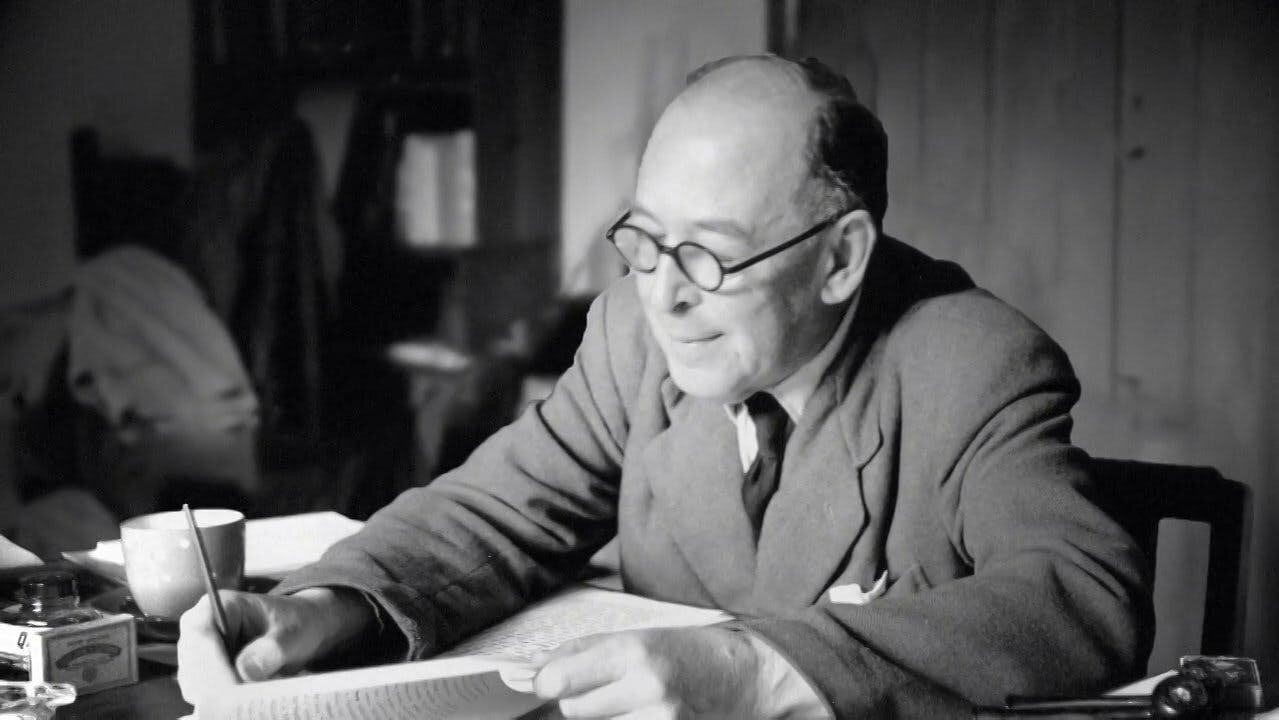CS Lewis and too much news
/This week I started reading an excellent volume called CS Lewis on Politics and the Natural Law, by political scientists Justin Buckley Dyer and Micah J Watson. In their opening chapter the authors contest the widespread perception of Lewis as apolitical, as either uninterested in or uninformed about politics. I won’t get into that argument—suffice it to say that any perception of Lewis as apolitical should not survive a reading of his essays—but in passing they quote from the following February 18, 1940 letter to his brother, Warnie, written after a visit from their friend Owen Barfield, who was greatly agitated about world affairs.
This letter grabbed my attention for two reasons. First, Lewis specifically mentions the Winter War or Russo-Finnish War, an interest of mine for some years. In November of 1939, the Soviet Union had invaded Finland in an attempted takeover. The outnumbered Finns fought the Russians to a standstill. Especially important was the tenacious Finnish defense of the Mannerheim Line, a network of trenches dug in across the Karelian Isthmus and the scene of unbelievably brutal fighting. (And Lewis knew something about trench warfare.) The war would end just under a month after Lewis posted this letter.
Second, and more to my point, Lewis’s frustrated reflections on the amount of grave news we’re expected to keep up with still seem fresh, even though he didn’t have to contend with the 24-hour news cycle or, God help us, social media.
Lewis:
[Barfield] is very much depressed having a greater faculty than you or I for feeling the miseries of the world in general—which led to a good deal of argument, how far, as a man and a Christian, one ought to be vividly and continuously aware of, say, what it’s like on the Mannerheim line at this moment. I took the line that the present rapidity of communication etc. imposed a burden on sympathy for which sympathy was never made: that the natural thing was to be distressed about what was happening to the poor Jones’s in your own village and that the modern situation, in which journalism brings us the Chinese, Russians, Finns, Poles and Turks to your notice each morning really could not be met in the same way. Of course I know the more obvious reply, that you can’t do them any good by being miserable, but that is hardly the point, for in the case of the Jones’s next door we should think ill of the man who felt nothing whether his feeling did them good or not.
I am afraid the truth is in this, as in nearly everything else I think about at present, that the world, as it is now becoming and has partly become, is simply too much for people of the old square-rigged type like you and me. I don’t understand its economics, or its politics, or any dam’ thing about it.
A year and a half ago I wrote a post called “Against the News,” in which I examined some of Neil Postman’s account of the way the modern media “elicits from you a variety of opinions about which you can do nothing except to offer them as more news, about which you can do nothing.” Glutted with the news, impotent to do anything, all that’s left is opinion—or, worse, fervid, sanctimonious admonitions—“about which you can do nothing.”
This is as specific as I’ll be: for days now my newsfeeds across all social media have been full of inescapable nothing.
Please revisit that post in full—I develop these ideas with more detail and less irritation than here—and consider seriously cutting down on your diet of current events. Maybe limit yourself to those for which it would be possible for you to be physically present.
That’s the negative. A positive suggestion: direct your sympathy and action toward the Joneses of Lewis’s letter. Not for nothing is the language of the Bible to love one’s neighbor—literally a near-dweller. Or, as Tolkien put it in a passage I’ve challenged myself with again and again, “uproot evil in the fields you know.” More on that here.





